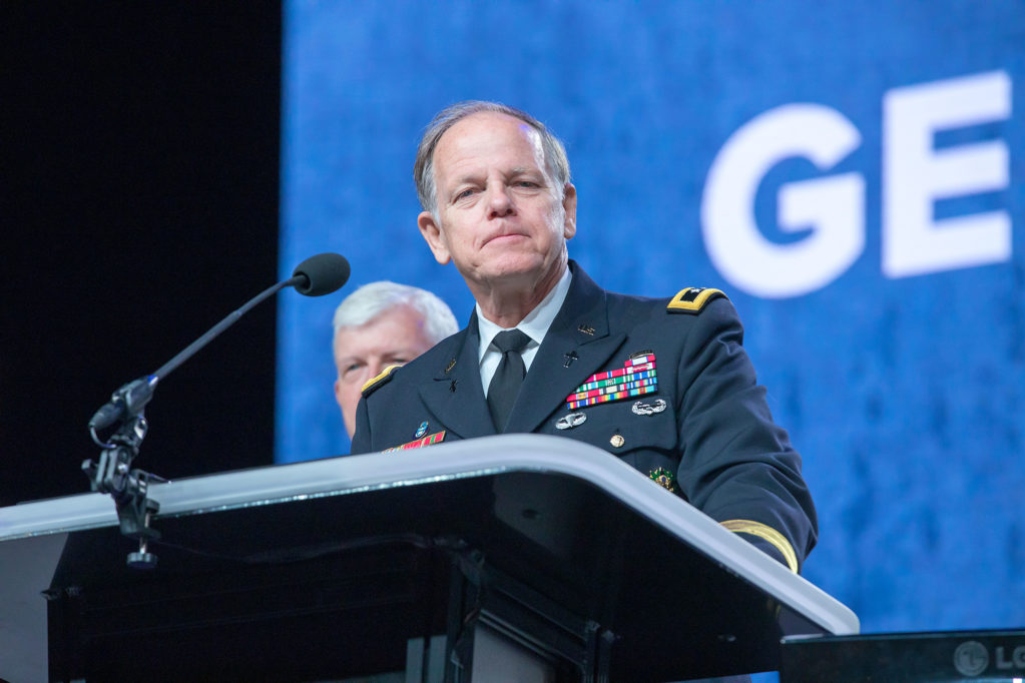
On Nov. 5, 2024, Donald J. Trump was elected president of the United States over Kamala Harris. In addition to the presidency, the Republican party gained control of the U.S. Senate with 53 seats and increased their advantage in the U.S. House of Representatives with a 220 to 215 majority.
In North Carolina, Democrats won the governor, lieutenant governor and attorney general races, while Republicans maintained a majority in state congressional seats.
Depending on where someone landed on the political spectrum, the range of emotional responses to the results spanned from pure elation to outright devastation. Some people threw parties in celebration, and some people posted videos of themselves crying, screaming and even shaving their heads in protest. It was an emotionally charged election season.
What is perhaps most fascinating about the variable nature of responses is that in a swing state like North Carolina, the full range of emotional experiences could have likely been witnessed in any given residential neighborhood across the state.
Now what? With the election complete, how should Christians view the days ahead? That is really a trick question, because the answer is the same way they should have viewed the days prior to the election — Jesus is Lord. He reigned on Nov. 5, 6, 7 and every other day in human history. In a real sense, the outcome of the election should have changed very little for the American Christian in terms of how we view the past, present and future.
As citizens of a heavenly country, we know that this world is not ultimately our home. Jesus is coming again, and He will put an end to all sin and unrighteousness. Every knee (including every American) will bow before His grandeur. If we are thinking appropriately, that reality should dominate our thoughts first and foremost when viewing the events of our lives and the providential circumstances that surround us.
However, that overriding truth does not negate the fact that we are also called to live as citizens of an earthly country, as well. That smaller reality means that elections do indeed matter, leaders matter, policy matters and our involvement as American citizens matters.
How should Christians think about politics? If I may be so bold, I would like to offer a basic framework to help simplify an extremely complex topic for those of us who love our earthly country but who ultimately long for our eternal home more.
Plainly stated, our involvement with politics as Christians should not be defined by ignorance, apathy or idolatry. Rather, it should be defined by engagement, excelling and prayer so that the spread of the gospel would flourish and our neighbors would experience the maximum possible blessings of a free and just society.
Apathy, ignorance and idolatry covers the full spectrum of inappropriate responses to political engagement. On one side of that spectrum is the “I don’t know, and I don’t care” crowd, and on the other side is the “politics is more important than anything else” crowd. While we cannot unpack the details about those perspectives here, I will go on record in stating that neither of those approaches is biblical.
Engagement, excelling and prayer provide a basic roadmap to biblical political engagement when properly applied. That begs the question, “What does proper application mean?” The interpretation of what constitutes proper application is why a straightforward framework is actually complex.
For instance, how much engagement is appropriate? Does engagement mean simply voting, or does it mean something more? What policies should Christians consider when voting? Should Christians run for office? How should Christians engage financially with the political system? To what level of excellence should Christians strive for as it pertains to community involvement? Why should Christians strive for excellence as a general rule? What exactly are we supposed to pray about as it relates to politics? You get the point. It is simple but also complex in points of application.
The good news is God is not intimidated by a discussion on the church and politics. But politics is not the gospel. Politicians are fallible, fallen sinners like the rest of us. Political systems can be utilized for good and for evil.
Jesus is Lord, and no matter how engaged we are in political matters, we must prioritize the spread of the gospel above all else. And with that truth holding the proper priority in our hearts, may God also help us to appropriately engage in civic matters, excel in hopes that doors of influence will be opened to reflect Christ in all arenas of society, and pray for God’s will to be done on earth as it is in heaven.
(EDITOR’S NOTE — John Walker is a speaker, author, entrepreneur and consultant. He has served as a senior advisor for several companies, organizations and public figures. This article originally appeared in the January/February 2025 issue of the Biblical Recorder magazine.)


